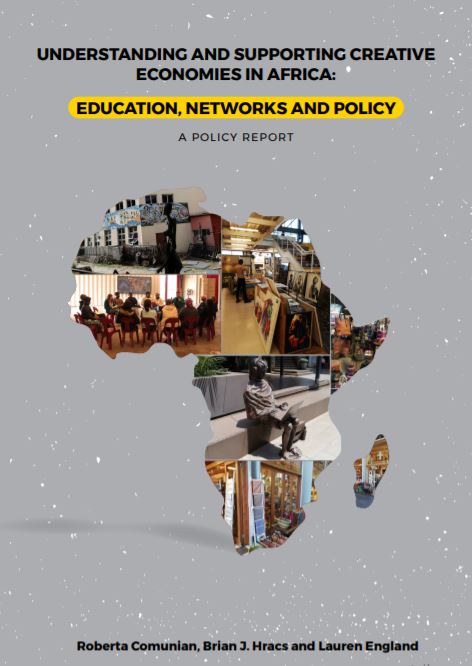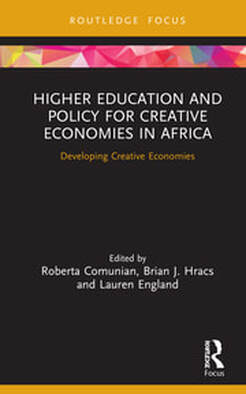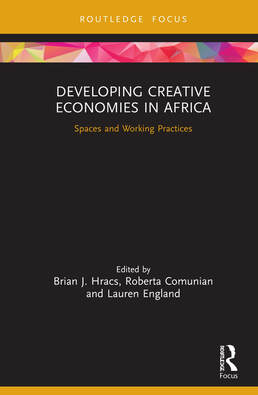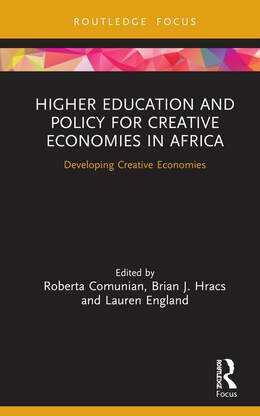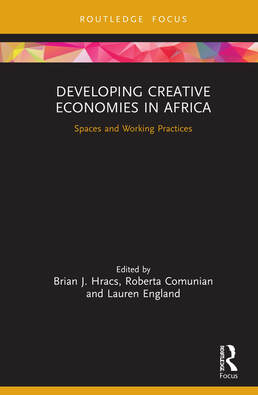Creative Economies in Africa: our research
The results of our research networks have been published through three key publications, a final report (free to download) and two edited books (available to purchase online)
All the royalties from the publication of the books will be donated to the not-for-profit organisation The Craft and Design Institute (CDI) in South Africa, supporting capacity building for young creative practitioners from disadvantaged backgrounds.
